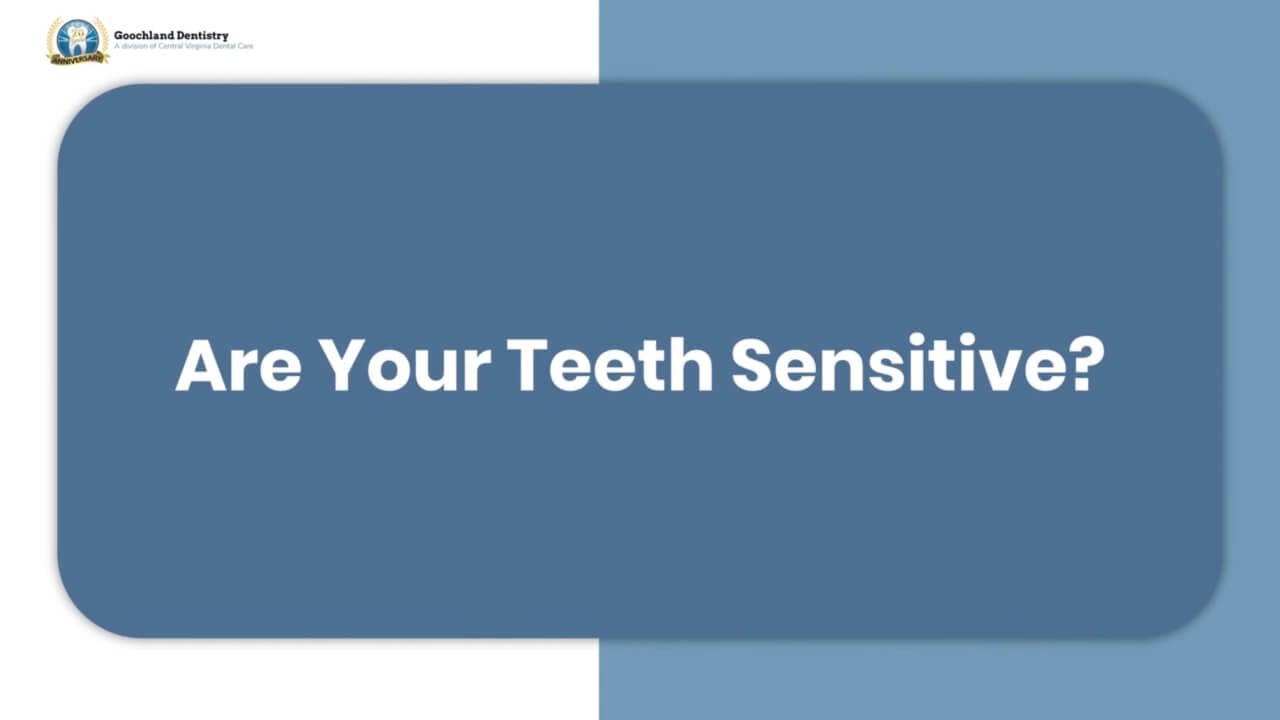
The American Association of Endodontists report over 15 million root canals are performed each year, with 89% of patients satisfied with the results.
When it comes to a tooth with severe decay, root canal therapy is the preferred solution, and there’s a good reason why. Unlike other therapies, a root canal is often favored because it allows Dr. Murchie the opportunity to save your injured tooth.
Also known as endodontic treatment, root canal therapy offers quick, easy, and often same-day treatment with minimal downtime so you can get back to your busy life.
Inside each of your teeth are soft tissues known as pulp. These tissues are made of hyper-sensitive nerves and connective tissue, as well as blood vessels. Should the pulp die, the tooth can continue to function, as long as that tooth is fully developed.
When tooth pulp is diseased, it must be removed in a procedure known as a root canal.
Root canal therapy serves many purposes:
- Eliminate pain, discomfort, and extreme sensitivity
- Repair chipped and cracked teeth
- Repair especially severe cavities
- Preserve the health of your surrounding teeth
- Return to normal biting and chewing
- Create a more natural smile
Anesthesia is used to reduce any pain or discomfort, as well as to help our patients feel relaxed and calm throughout the procedure. A little tenderness following the process is normal and dissipates soon after.
The American Association of Endodontists compares root canal therapy to a simple filling, noting many similarities between these everyday procedures.
Dr. Murchie is well-versed in the art of root canal therapy and has offered countless patients much-needed relief from pain with restored oral health.
If you are feeling extra sensitivity in a particular tooth or you are experiencing trouble with hot and/or cold temperatures, you may need root canal therapy.
Call our patient support team for a priority consultation with Dr. Murchie!
Are your teeth Sensitive?

Hey, this is Dr.Murchie from Goochland Dentistry . I want to talk to you about sensitive teeth. So I want you to imagine that you’re out with your girlfriends at a frozen yogurt place and chore pump or carry town, and you guys are, you’re smart and savvy. So you’ve made sure that you’ve only filled the cup just enough so you can keep having a conversation with your friends. You guys are talking about your kids, you’re having a great time talking about what you’re doing with your house, those type of things. And all of a sudden you put that nice little thing, a sweet frog, frozen yogurt in your mouth and zinging, oh my goodness, my tooth is killing me. And it goes away in about five, 10 seconds. But boy, that conversation you’re just having, you can’t even remember where you were in the conversation. Why on earth is this happening?
Well, sensitive teeth are caused by the cold substance either in whatever you’re eating, it hits the nerve of your tooth, usually it’s right where the roots of the teeth are and it may causes the nerves to fire. And then that sends a message right to your brain and really causes to be very uncomfortable. When you have sensitivity that lasts about three to five seconds. Generally, that’s where it is on the root of the tooth. If you have sensitivity that lingers more than 15, 20 seconds, that could be a sign that you could be having a large cavity. It could also be the sign of the beginning of a root canal to prevent mild sensitivity. I recommend using a sensitive toothpaste. Those help decrease the risk of the sensitivity. I also recommend having us look at your teeth to make sure the roots of your teeth are covered. We’ve got some procedures we can do to help minimize the sensitivity, and I would also make sure if it lingers longer to call us quickly, you may have a abscess that is developing. Well, thank you very much, Peter Murchie. Goochland Dentistry.







